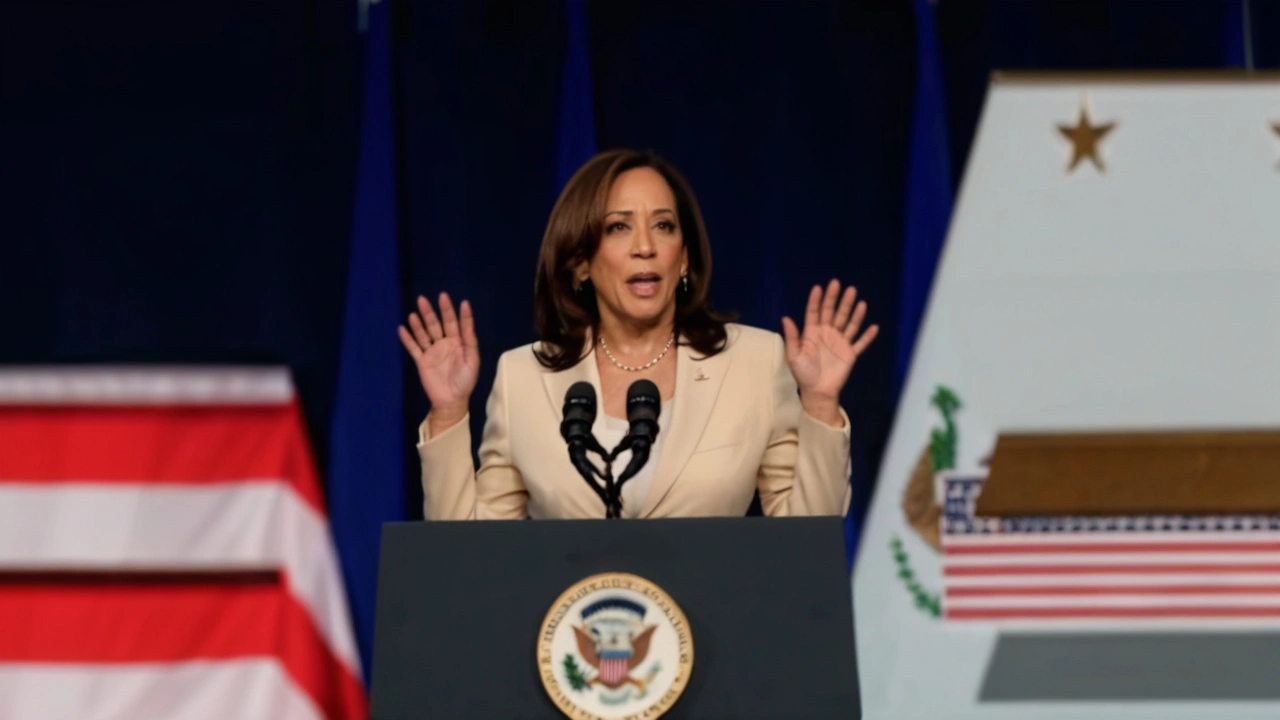State Parties Across Africa: What’s Happening Now
If you’re trying to make sense of African politics, the first thing to look at is the state parties that run each country. These are the groups that decide who sits in parliament, who becomes president, and how policies get shaped. In the last few months we’ve seen new alliances form, old rivals clash, and a handful of surprising turn‑outs that could change the political map.
From Nigeria’s dominant parties to South Africa’s coalition talks, every nation has its own story. Some parties are built on ethnic bases, others on ideology or economic goals. Understanding where each party stands helps you predict election outcomes and see why certain policies get pushed forward. Below we break down the biggest trends you should know.
Key Trends in State Party Politics
First off, many African state parties are moving toward broader coalitions. In Kenya, for example, smaller groups have joined forces with the main opposition to challenge the ruling party’s grip on power. This mirrors what’s happening in Ghana, where a coalition of reformist parties is gaining traction ahead of next year’s elections.
Second, youth involvement is reshaping agendas. Young voters are demanding jobs, better internet access, and climate action. Parties that ignore these demands see their support drop fast – look at the recent swing in Tanzania, where a youthful protest movement forced the ruling party to promise new tech‑training programs.
Third, social media is now a battlefield for state parties. Campaigns on Twitter, TikTok and local platforms are being used to spread messages, attack rivals, or mobilise supporters. The rise of digital campaigning was evident in the recent Ghanaian election where both sides ran live streams to answer voter questions.
Finally, corruption scandals keep rattling party reputations. When a senior official from a major South African party faced fraud charges, it sparked protests and forced internal reforms. Keeping an eye on these legal battles can give you early clues about which parties might lose public trust.
How to Stay Updated on State Party News
The fastest way to keep up is by subscribing to a reliable news source that covers African politics daily. Look for sites that offer short, fact‑checked summaries and include video clips or podcasts – they make complex topics easier to digest.
Another tip: follow official party accounts on social media. They post press releases, candidate announcements and live event links. When a new policy is rolled out, you’ll see the reaction in real time from both supporters and critics.
Don’t forget regional news outlets. Publications based in Nairobi, Lagos or Johannesburg often have reporters on the ground who catch stories that global agencies miss. Signing up for their newsletters can give you a local perspective you won’t find elsewhere.
If you prefer deeper analysis, look for think‑tank reports or university research papers that break down voting patterns and party funding. These documents are usually longer, but they provide the numbers behind the headlines – perfect for anyone who wants to go beyond surface‑level gossip.
Lastly, join online forums or discussion groups focused on African politics. Engaging with other readers lets you ask questions, share insights and get recommendations for the best sources. Just remember to verify any claim before sharing it further.
State parties shape the future of Africa’s economies, societies and international relations. By staying informed about their moves, you’ll be better equipped to understand what’s coming next – whether that means a new reform agenda, a surprise election win, or another round of protests.

DNC Boosts State Parties as Harris Raises $200 Million: Strategic Investments to Strengthen Democratic Stronghold
Jul 29, 2024 / 8 Comments
The Democratic National Committee (DNC) is significantly increasing its financial support for state parties, with a 25% boost from 2020. This includes targeted investments to enhance down-ballot races and support in traditionally Republican states. Vice President Kamala Harris' campaign has raised a noteworthy $200 million, mainly from first-time donors, and garnered significant endorsements as Election Day nears.
READ MORERECENT POSTS
- Socceroos Face Off Against Saudi Arabia in Spirited Nil-Nil Clash
- Manchester United Pursue Signing of Arsenal's Prodigy Chido Obi-Martin: Future Soccer Star in the Making
- Luka Dončić Shines in NBA Finals Game 4, Leading Mavericks to Resounding Victory
- Pras Maps Out Essential FPL Strategies for 2024/25
- Paul Kagame's Fourth Presidential Term: Assessing His Legacy Amidst Economic Progress and Political Challenges
